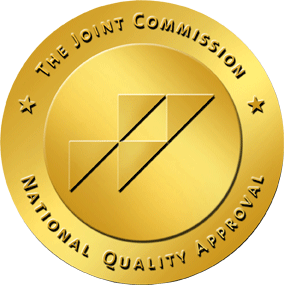WAKE UP to the dangers of sleep apnea!
Sleep is critical for good health.
Sleep plays a vital role in good health and well-being throughout your life. Getting enough quality sleep at the right times can help protect your mental health, physical health, quality of life and safety.
Obstructive sleep apnea (OSA), is the most common type of sleep apnea and the beiggest enemy of sleep. It causes breathing to slow or stop for seconds, or even minutes at a time.

If you suspect that you have sleep apnea, the usual first step is to discuss your suspicions with your primary care physician.If you don’t have a primary care physician, you can go directly to a clinician who is a sleep specialist. But check your health care insurance coverage first.
Your primary care doctor might require a professional diagnosis of your sleep disorder. A definitive diagnosis of sleep apnea can be made only with a sleep study conducted during a visit to a sleep lab, usually overnight, or a home study performed with special equipment.
A sleep study generates several records of activity during several hours of sleep, usually about six. Generally, these records include an electroencephalogram, or EEG, measuring brain waves; an electroculogram, or EOG, measuring eye and chin movements that signal the different stages of sleep; an electrocardiogram, EKG, measuring heart rate and rhythm; chest bands that measure respiration; and additional monitors that sense oxygen and carbon dioxide levels in the blood and record leg movement. None of the devices is painful and there are no needles involved.
The testing procedure as a whole is known formally as “polysomnography,” and the technician who supervises it is usually a “registered polysomnographic technologist,” or RPT. Usually the bedroom where the test is conducted is more like a comfortable hotel room than a hospital room.
OFFERING A WIDE RANGE OF
SLEEP DISORDER SERVICES
Our respiratory team offers a high quality, cost-effective service and clinical expertise to
patients suffering from sleep problems. Our innovative laboratory services enhance sleep health.
Our respiratory team offers a high quality, cost-effective service and clinical expertise to patients suffering from sleep problems. Our innovative laboratory services enhance sleep health.
SLEEP APNEA HIDDEN DANGERS
An untreated sleep disorder can have
serious consequences.
Diabetes, heart disease, or stroke
Up to 7 yrs off life expectancy
Sexual Dysfunction
Weight gain and obesity
Poor levels of concentration
Increased car accident risk
Depression and increased ADHD
Constant lack of energy
The risk of sleep apnea is not worth it. Find out if you have sleep apnea and
take action to change your life.
How's your sleep?
* Taking this assessment doesn’t mean you have a sleeping disorder. It’s simply an awareness guide.
Could it be sleep apnea?
Nighttime Symptoms
Loud persistent snoring: Snoring that can be heard outside the room and at times, outside the home
Witnessed pauses in breathing
Choking or gasping for air: Sometimes extremely violent gasps for air
Loss of sex drive for both sexes: Your libido has decreased and your spouse can’t get enough sleep causing a similar result
Restless sleep: Tossing and turning, waking up often, dreaming
Frequent visits to the bathroom during the night
Daytime Symptoms
Early morning headache: Hungover feeling without the alcohol, brain fog, muggy head
Daytime sleepiness: Don’t dare to sit down in case you fall asleep
Poor concentration: Change to your memory
Irritability: Grumpy, snappy or low patience
Falling asleep during routine activities: Such as watching your favorite TV program, reading a book, on the computer or even driving
Poor coordination: Such as clumsiness


